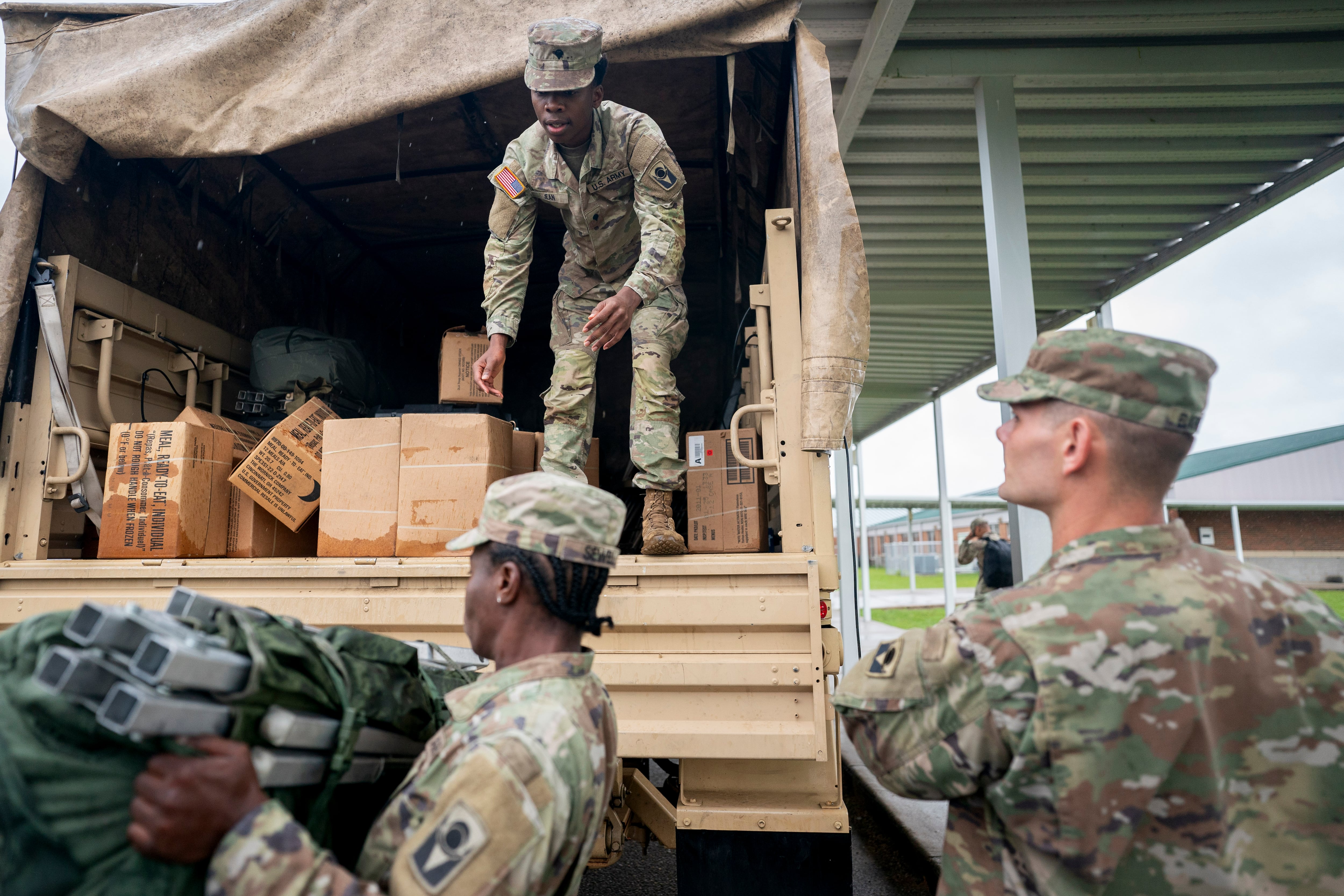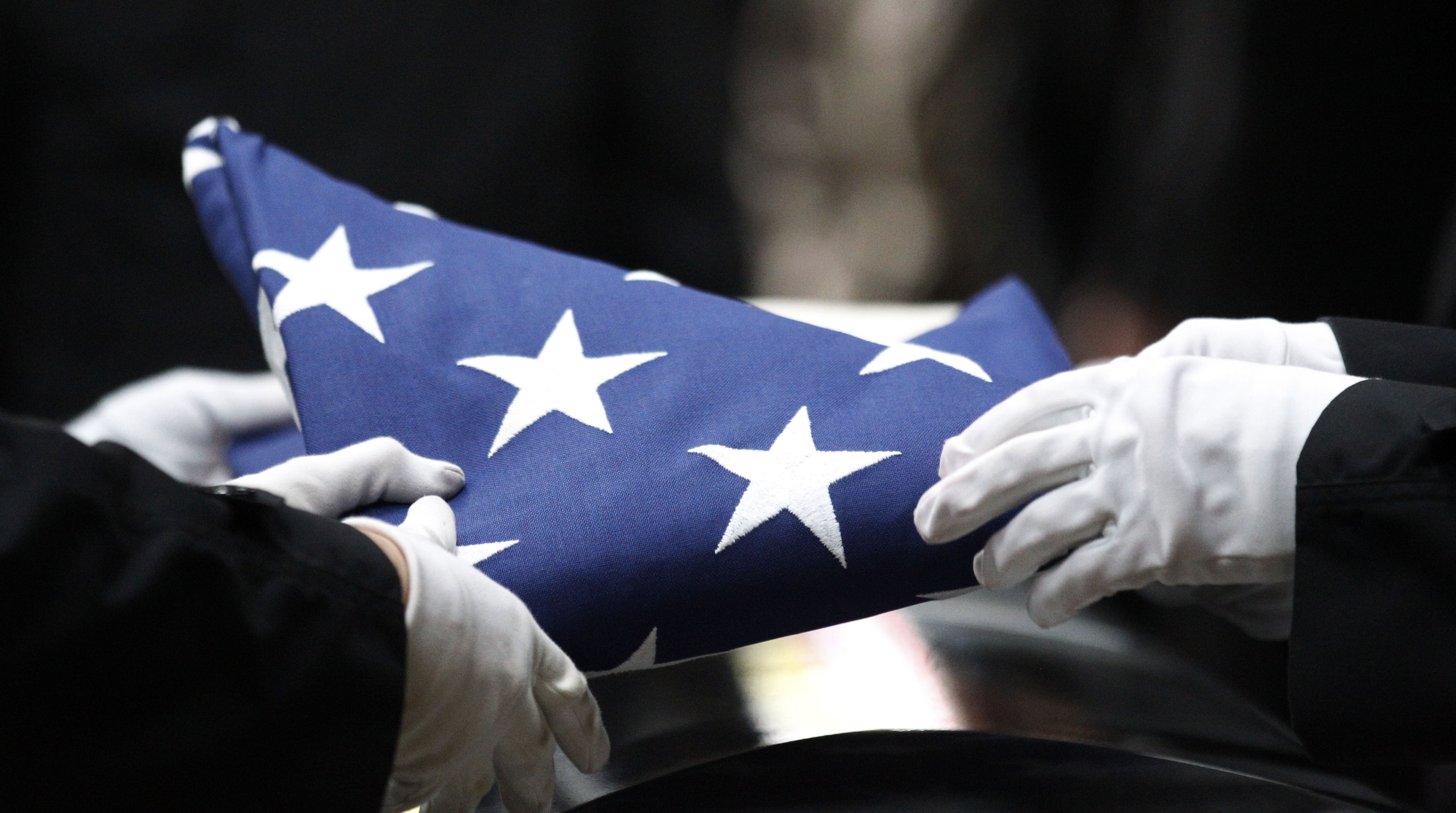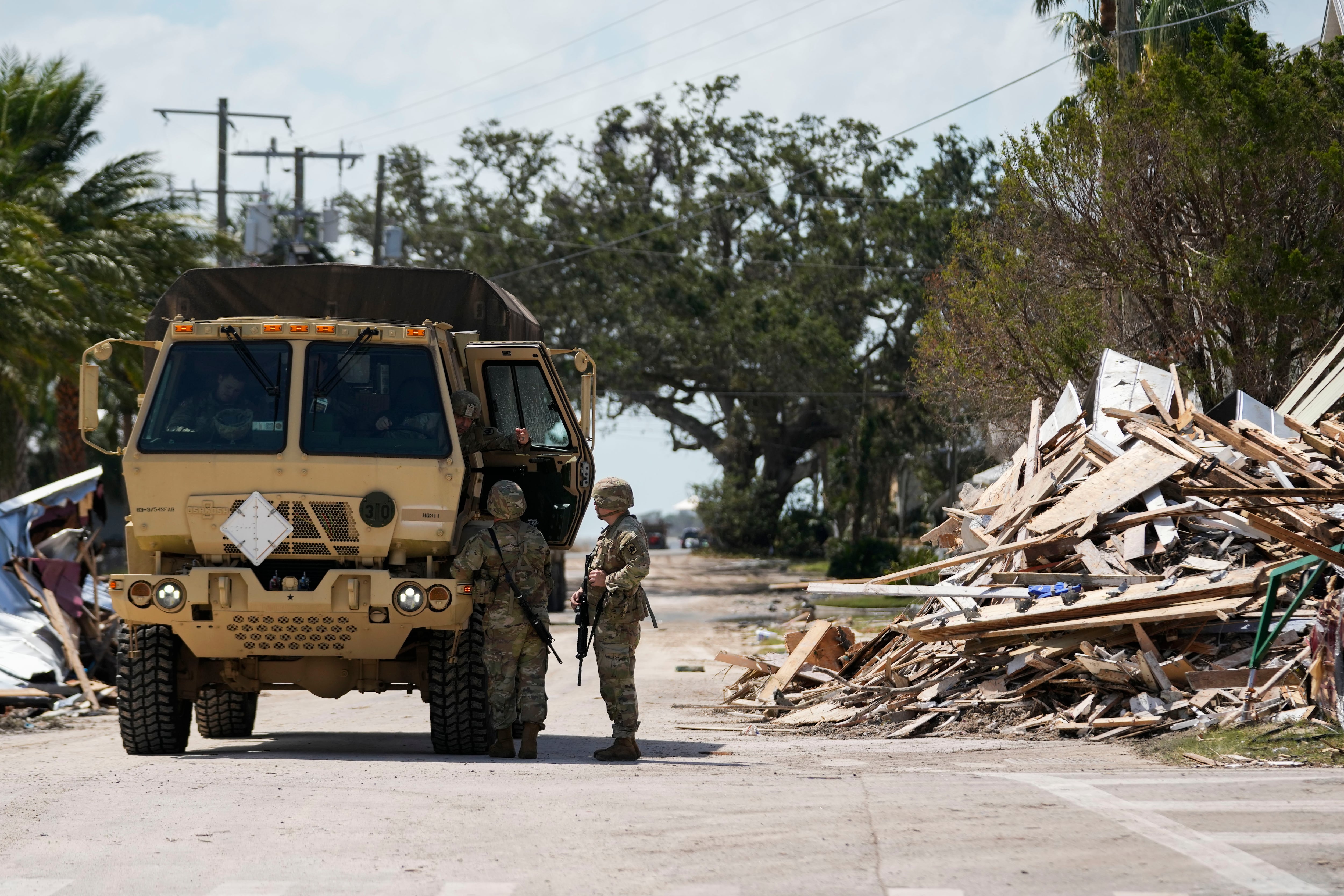WASHINGTON — U.S. President Donald Trump again claimed credit for an agreement by NATO members to increase spending on their own defense during his Republican convention speech on Thursday night, repeating a consistent but somewhat misleading talking point from his campaign rallies.
“Our NATO partners, as an example, were very far behind in their defense payments, but at my strong urging, they agreed to pay $130 billion more a year,” Trump said. “And this $130 billion will ultimately go to $400 billion a year.”
NATO Secretary General Jens Stoltenberg, Trump said to applause, “was amazed, after watching for so many years and said that President Trump did what no-one else was able to do.”
The speech doubled as Trump’s formal acceptance of his re-nomination to serve as president and an argument that he deserves four more years. In it, he said that other countries had been “taking advantage” of the United States on foreign policy and national defense before he became president.
Trump also repeated a mischaracterization of NATO members as delinquent in payments to the alliance and enlarged his role in convincing members to increase their defense spending.
Under NATO commitments forged 2014 — two years before Trump took office, and coinciding with Russia’s annexation of Crimea — each ally has until 2024 to reach their goal to spend 2 percent of its gross domestic product on its own defense.
Trump has used those pledges to make a vigorous push for allies to share more of the costs for their own protection. And Stoltenberg has given Trump some credit for Canada and European allies adding $130 billion to their defense budgets, on the way to $400 billion by 2024.
“President Trump has been very clear,” Stoltenberg told Fox News in 2019. “He is committed to NATO. He stated that clearly just a few days ago and also at the NATO summit in July. But at the same time, he has clearly stated that NATO allies need to invest more. And therefore at the summit in July last year, we agreed to do more to step up ― and now we see the results.”
“By the end of next year, NATO allies will add hundred – 100 billion extra U.S. dollars toward defense. So we see some real money and some real results. And we see that the clear message from President Donald Trump is having an impact.”
RELATED
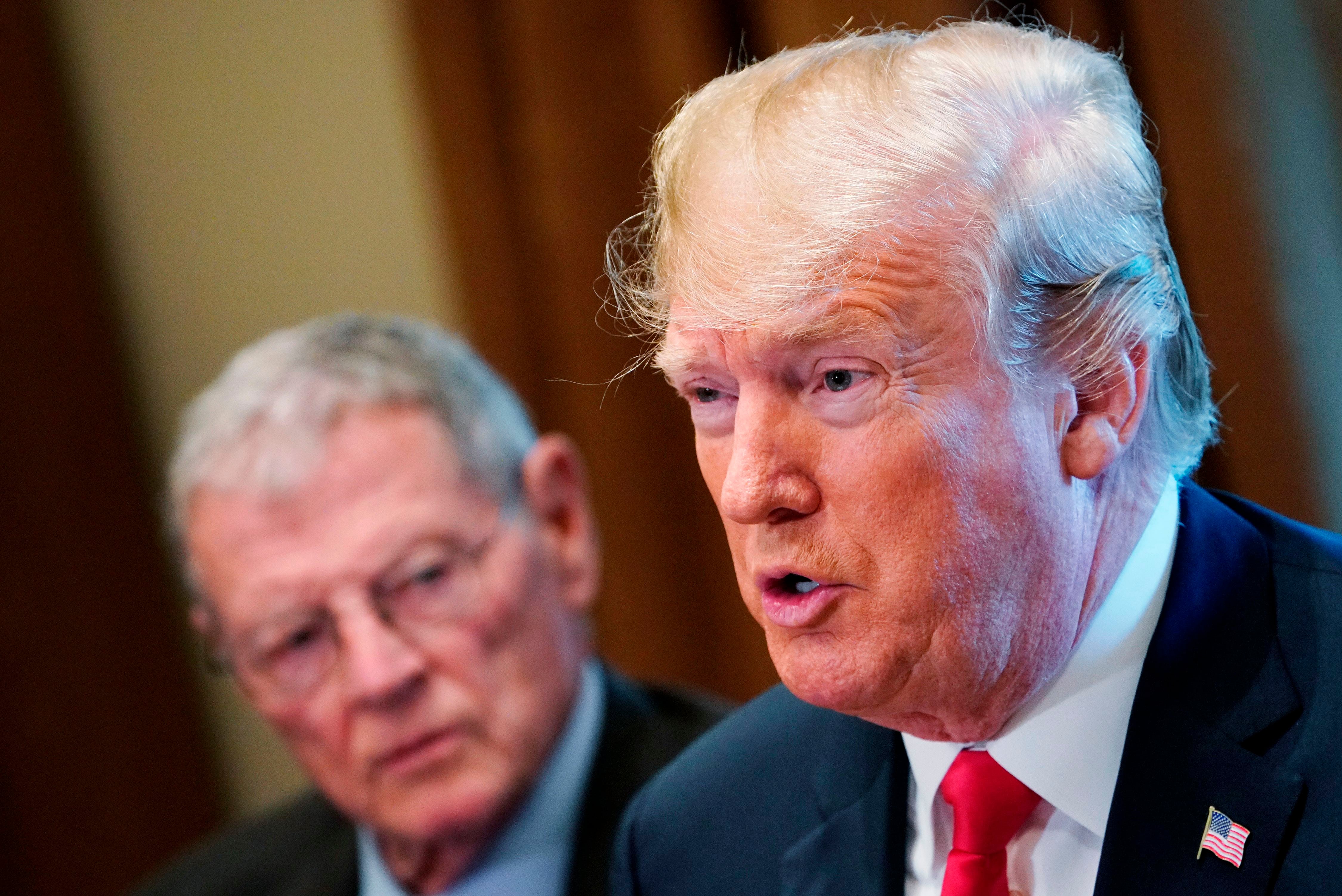
Under a second term, Trump’s reelection campaign promises there would be more money to come.
Trump’s 50 “core priorities,” unveiled ahead of the four-day Republican convention, included vows to maintain American military might, “wipe out” terrorist groups overseas and stop the country’s involvement in “endless wars” ― but also a pledge to “get allies to pay their fair share.”
Former Vice President Joe Biden and his advisors have drawn a contrast with Trump, pledging to rehabilitate frayed alliances, and Biden is thought to view those relationships more conventionally, as mutually beneficial, without Trump’s transactional lens and provocative rhetoric.
In a recent Fox interview, Trump accused Germany of “making a fortune” off U.S. soldiers, and that Germany, “owed us billions of dollars, billions of dollars to NATO.”
Trump has said Germany’s inability or unwillingness to commit 2 percent of its budget to defense spending fueled a contentious decision to cut deployments in Germany by nearly 12,000 troops and relocate some to Belgium and Italy. (U.S. defense officials insist it was a strategic decision.)
Trump’s former national security adviser John Bolton recently told the German newspaper Welt am Sonntag that the removal of German-based troops was “a sign — and not a good one — of what lies ahead if Trump is re-elected” president in November. He added that, “Trump shouldn’t get a second term.”
With a new mandate from voters, Trump may bear down in the Pacific, observers say.
Defense cost-sharing negotiations with South Korea have deadlocked over U.S. demands that Seoul sharply increase its contribution to offset the costs of stationing some 28,500 service members to protect against North Korean threats. Trump has openly complained about the costs, and reportedly wants a 50 percent increase―down from 400 percent initially.
“The negotiators and the policy makers have very little latitude because the president takes a strong personal interest on these matters, and believes ’we should be paid more,’ as he’d say it, to protect them,” said a former administration official.
“So what we should expect to see is more of the same. In South Korea, it’s dragging into almost a full year, and it’s possible we could see the same thing in Japan if our request is an extraordinarily high number.”
Earlier this summer, The Wall Street Journal reported that the Pentagon was drawing up plans to reduce the U.S. presence in South Korea below the current level of 28,500 personnel. U.S. Defense Secretary Mark Esper said after that he had not issued any such orders, but he did leave the door open for a future move.
RELATED
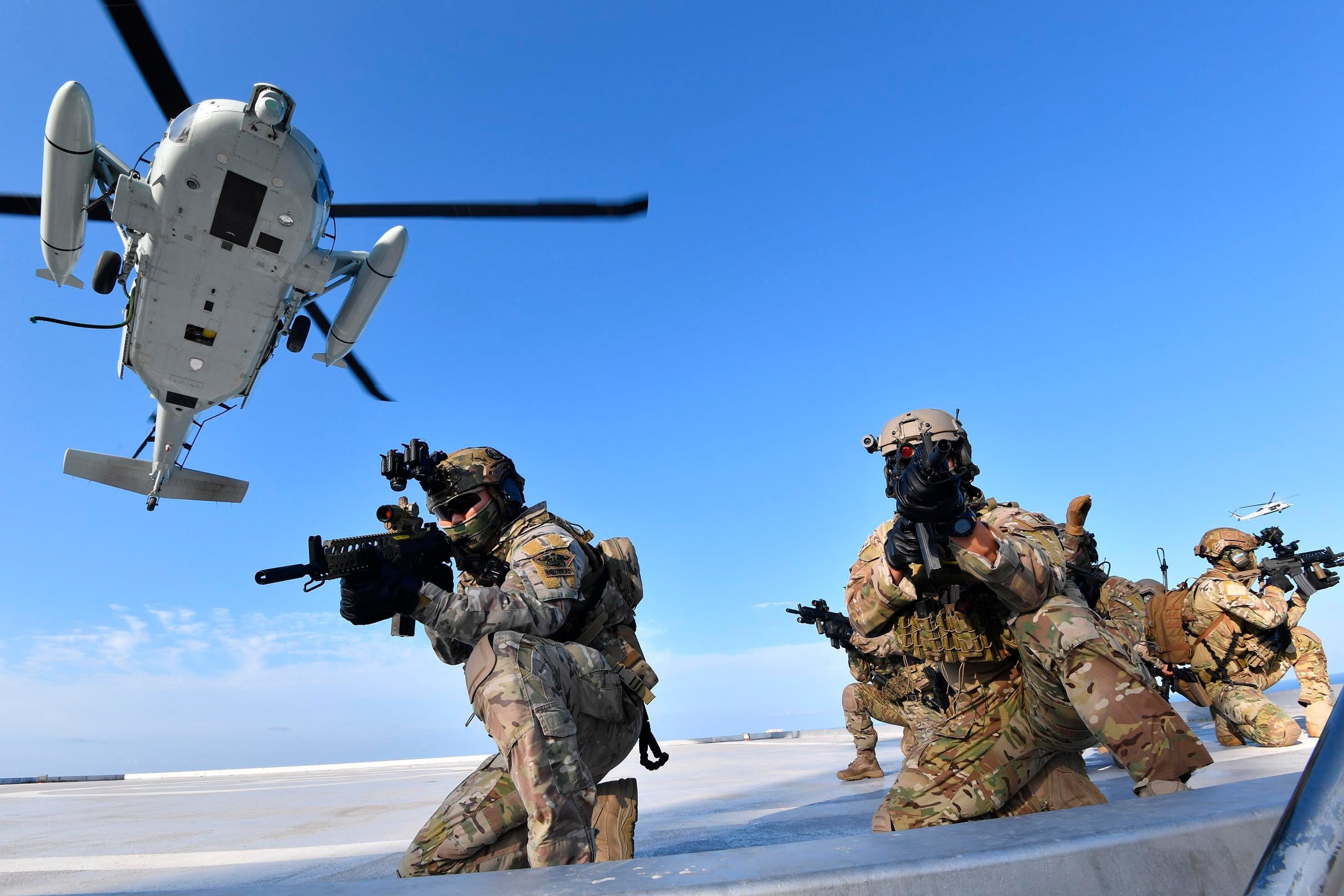
Japan’s five-year bilateral deal with the U.S., which Trump has called “unfair,” is up for renegotiations before it expires in March, 2021.
However, there are some key differences as Japanese Prime Minister Shinzo Abe has striven to cement a personal relationship with Trump while Seoul is seen as more ambivalent about the U.S. presence. It’s not clear yet how Abe’s resignation, announced Friday, would factor in.
Japan, which has boosted its defense spending in the face of a rising China, plans to buy 105 F-35 joint strike fighters, which would make it the biggest foreign customer of the Lockheed Martin-produced jet.
Crediting allies for purchases of U.S. military equipment is something the Trump administration has discussed as a way to meet the president’s concerns, but to no avail. “Again, to him, it’s very transactional. ’What are we being paid to defend them?’” the former administration official said.
For the U.S. to follow its defense strategy, based in great power competition with Russia and China, it cannot withdraw masses of troops over burden sharing, said James Carafano, vice president for national security and foreign policy at the conservative Heritage Foundation think tank.
However, Carafano speculated that, like the plan to reposition U.S. troops in Europe, a second term for Trump could see some troops redistributed from South Korea to another location in the region, like Guam.
Still, the expense of big troop withdrawals undercuts any cost-savings arguments the administration might want to make.
“What’s going to play into this is the transaction costs, and people can’t move things around like they are cost-free,” Carafano said. “I find it hard to believe the benefits of moving the [Germany-based units] are going to outweigh the costs.”
Joe Gould was the senior Pentagon reporter for Defense News, covering the intersection of national security policy, politics and the defense industry. He had previously served as Congress reporter.



